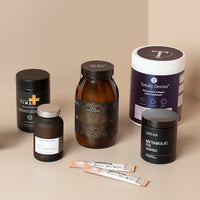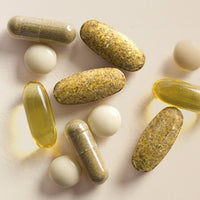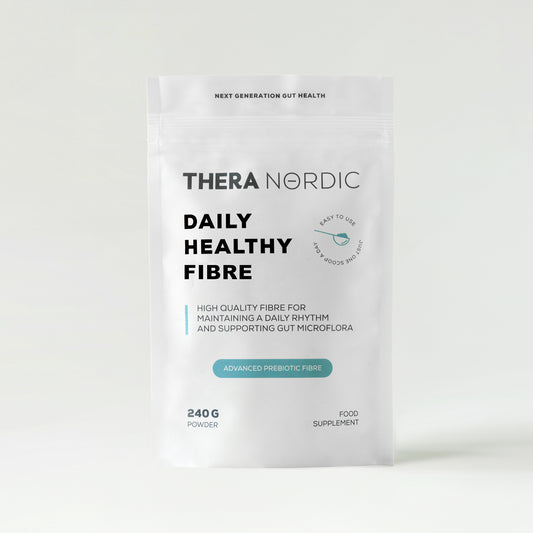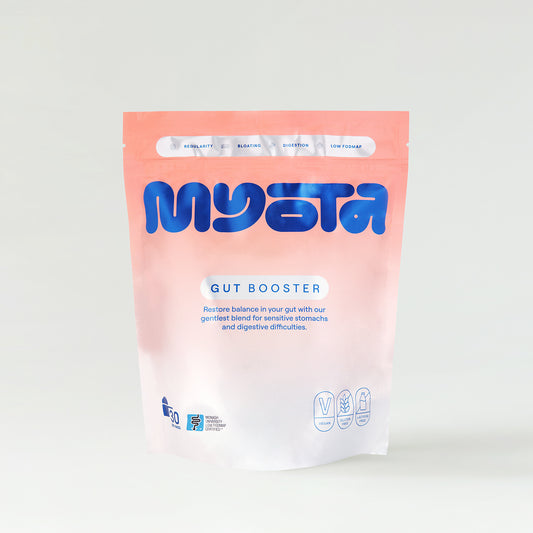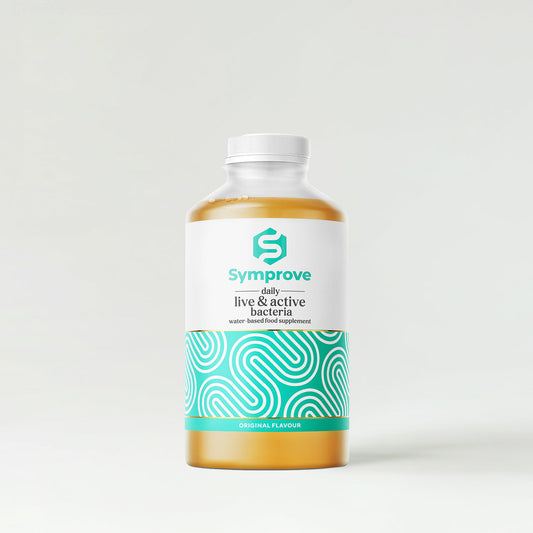If you’re dealing with post-holiday bloating, a change in bowel movements or just a general sluggish feeling, your gut may be feeling the effects of summer indulgences.
Travel, changes to sleep, more alcohol consumption than usual and heavy meals can alter the balance of the gut microbiome. Gut health has become a hot topic recently and that’s because the trillions of microbes living in the digestive tract play a major role in supporting everything from our digestion to mood, energy and immunity.
The most effective way to support gut health often comes down to simple changes in nutrition and lifestyle. These interventions cost little to nothing - but can have a big impact on how we feel.
Here are some hacks to get your digestive health back on track.
Gut friendly diet
Eating three balanced meals at regular intervals and around the same time each day can aid the gut’s circadian rhythm, which in turn promotes better digestion, nutrient absorption and a happier balance of gut bacteria. Eating more gut-friendly foods like plant-based and fibre-rich fruits, vegetables, wholegrains, legumes, nuts and seeds – feed the good bacteria, support the gut lining and reduce inflammation. The NHS recommends we eat 30 grams of fibre a day, but most of us consume far less. If you need support - try Thera Nordic Daily Healthy Fibre, which contains a blend of soluble fibres. Be sure to cut back on alcohol, which is a well-known gut irritant and steer clear of ultra-processed foods that suppress good bacteria.
Consider pre and probiotics
Probiotics are live, beneficial bacteria found in fermented foods like kefir, kimchi and sauerkraut. They help replenish the good microbes in the gut and support overall microbiome balance. If you're not regularly eating these foods, a daily supplement like Symprove Daily Live & Active Bacteria Original, which delivers 10 billion live and active bacteria per shot offers a reliable boost.
Prebiotics, meanwhile, are fibres that feed these beneficial bacteria, helping them thrive. They're found in garlic, oats and bananas. If your diet is lacking in variety or fibre, a supplement like Myota Gut Booster, formulated with prebiotic fibres can help bridge the gap. If you're dealing with ongoing digestive symptoms, it’s worth booking a consultation with one of our nutritionists to find the right support.
Hydration for a healthy gut
Even mild dehydration can lead to bloating and constipation. A simple way to support digestion is to start the day with a glass of warm water and lemon. If you still feel sluggish, consider probiotics or digestive enzymes. Digestive enzyme supplements contain proteins that assist in breaking down food into absorbable nutrients, which is especially useful if your digestive system is under strain or not producing enough naturally. Taking Thera Nordic Optimized Enzymes with your meal can make digestion smoother.
Move regularly
Regular exercise can do wonders for gut health. Moderate to high-intensity exercise for 30 to 90 minutes, at least three times a week for around eight weeks, can change the balance of gut bacteria, according to a systematic review of multiple studies in the journal Nutrients.
Manage stress
That uneasy feeling in the stomach when we’re stressed is linked to the brain-gut axis - a two-way communication channel between the brain and digestive system. This connection helps explain why stress or emotions can cause stomach problems and why gut issues can impact mood or feelings. Even mild levels of stress can slow down digestion. Try stress management strategies like breathwork, yoga or an outdoor walk to help with digestive flow.

